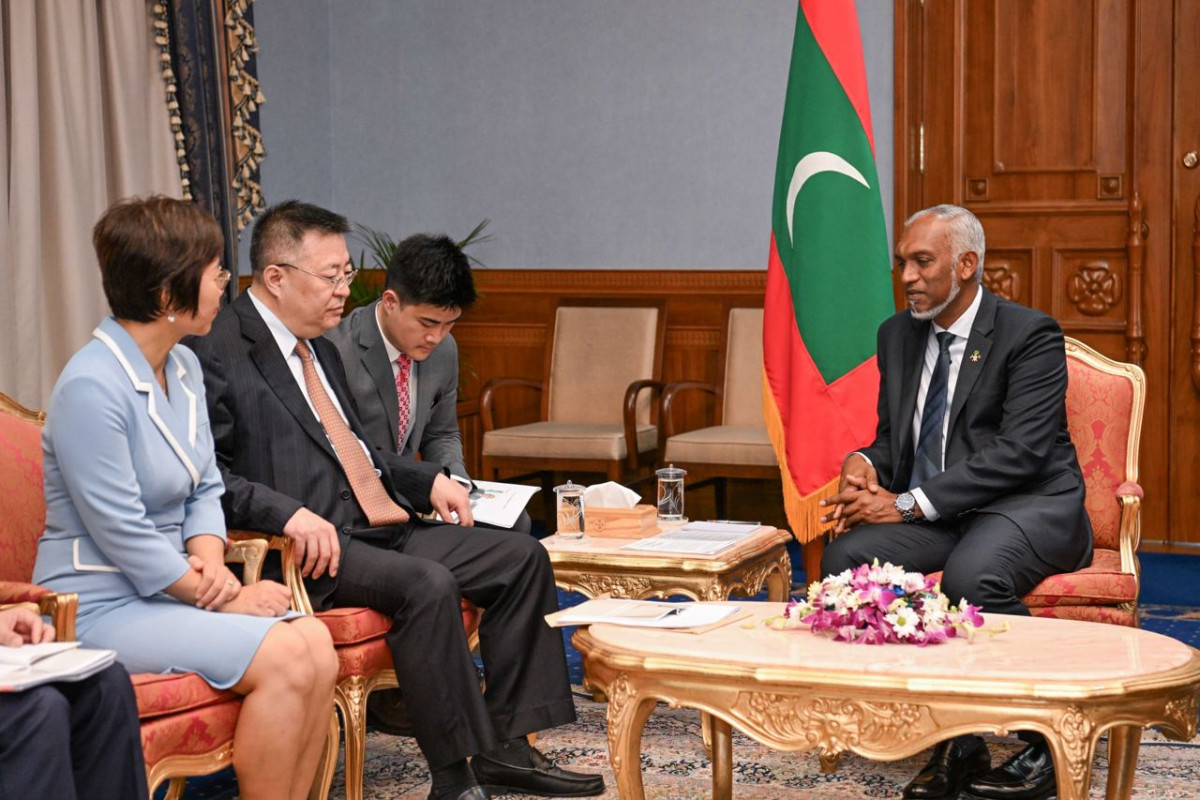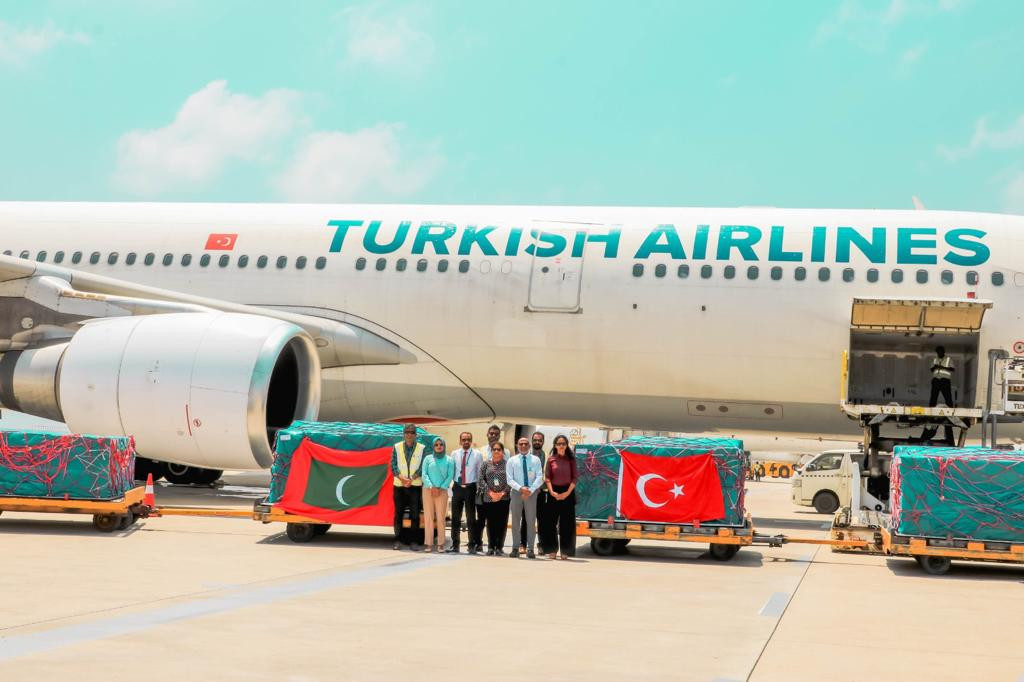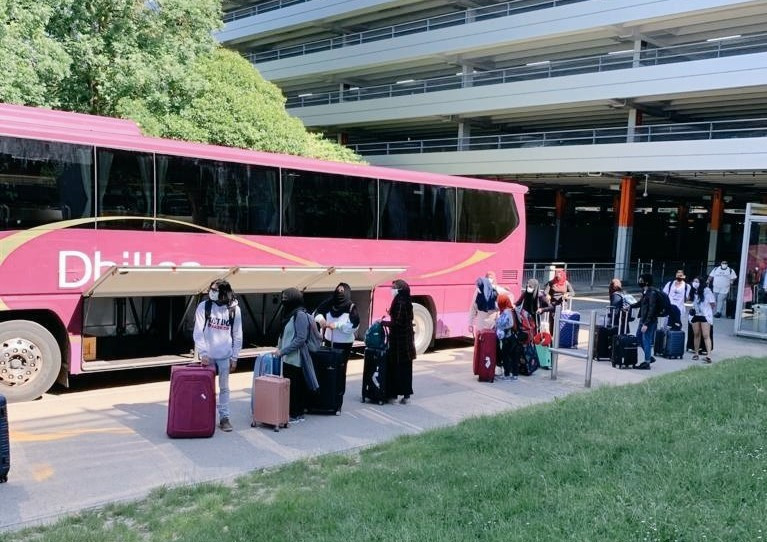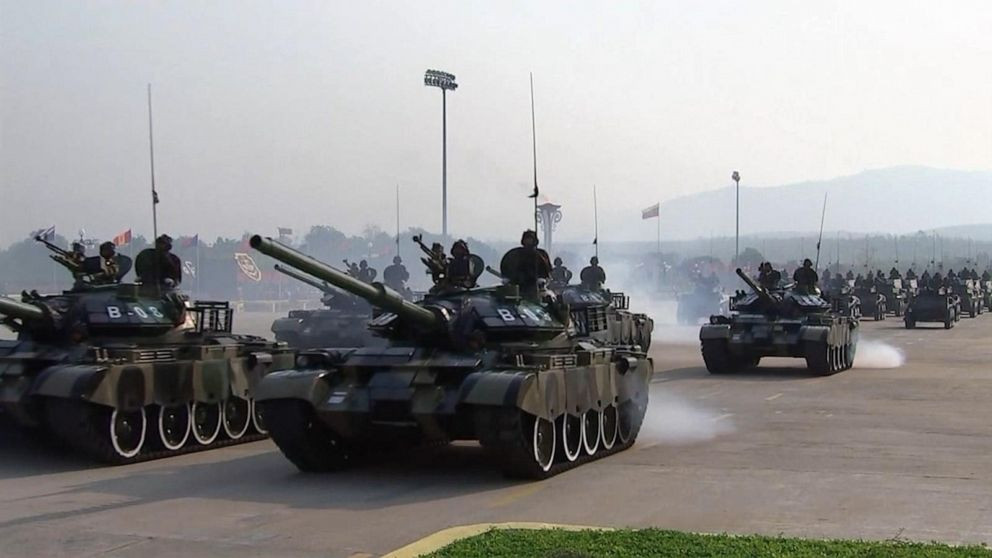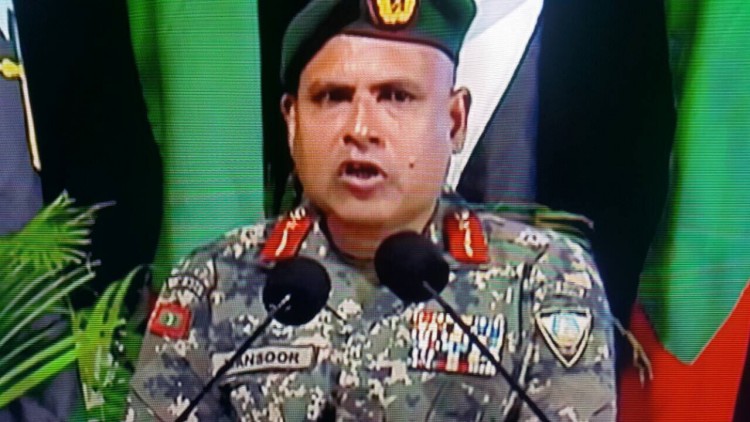Muizzu gov’t moves towards political revenge to silence corruption chaos!
The current administration, in its obsession to blame everything on the former administration, has failed to take decisive action against corruption or establish responsible governance, leaving the country trapped in a state of inaction.

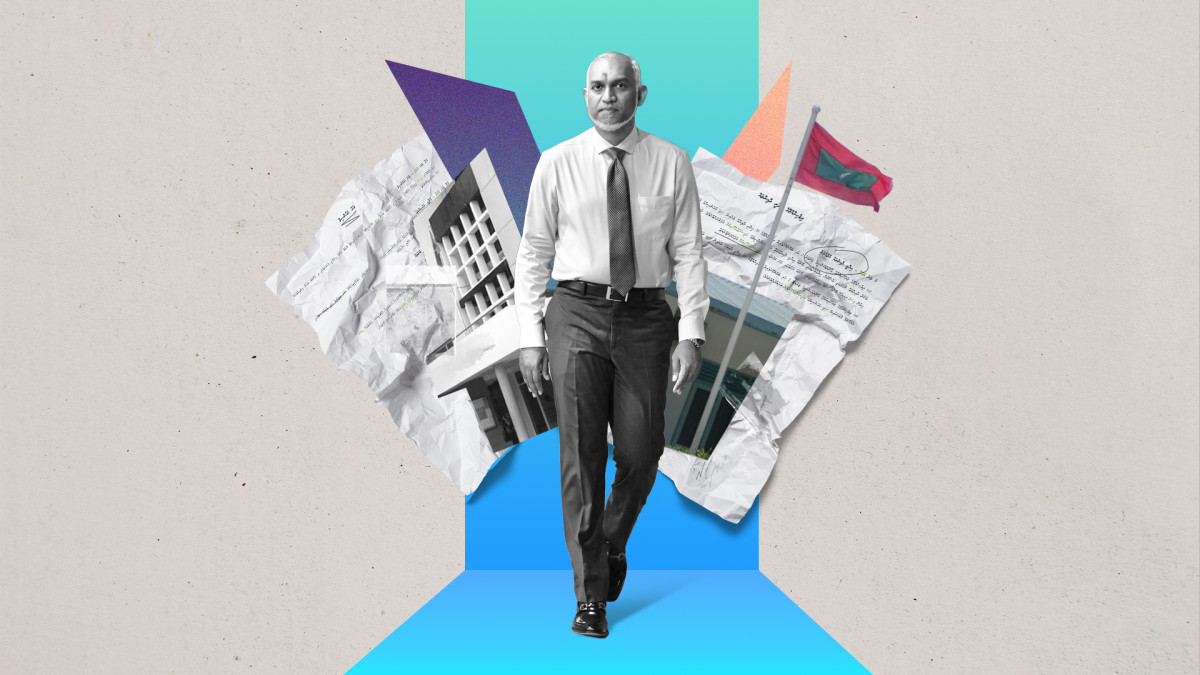
President Dr. Mohamed Muizzu
Allegations of corruption have enveloped the incumbent administration as President Dr. Mohamed Muizzu has completed a year in office. The current administration, now a hotbed of corruption, is involved in every form of theft imaginable.
Amid the uproar over major scandals including the National Social Protection Agency (NSPA) theft, land theft at the Housing Development Corporation (HDC), oil theft at Fuel Supplies Maldives (FSM) and corruption at Fenaka Corporation Limited, several senior officials have been forced to resign. However, the public remains unconvinced that these resignations offer any real solutions.
One of the most shocking revelations in recent times was the massive land theft orchestrated by HDC. Many major corruption cases where former Managing Director of HDC Ibrahim Fazul Rasheed is suspected of being involved in, surfaced very recently. However, it cannot be said that these were crimes committed without the knowledge of senior government officials or the president himself.
The reason behind this has become clear following the letter sent by the former HDC Chairman to President Muizzu. Although he is claiming to not have received the letter, the public is not taking his word for it. This was further clarified by the statements he made during the campaign saying that he will have the final say. It is not entirely correct to say that he was unaware when the entire HDC became a hub of corruption, with many issues surfacing such as selling land to Fazul's wife with payment arranged over five years, allocating large plots to companies in which Fazul has interests, exchanging land, expanding land, and illegally giving land to those who do not qualify under the ‘Binveriyaa’ land ownership scheme.
While it is suspected that nearly 50 plots have been illegally allocated in the land theft scandal, the value of these lands is estimated to reach MVR 400 million. These are major thefts that have been committed. As President Muizz's government completed a year, not a single plot or flat given by former President Ibrahim Mohamed Solih's administration was handed over.
The public has constantly been struggling day and night, expressing growing frustration about being kept in the dark on when the flats and plots they received will be handed over. Yet, the government remains unphased, as if it doesn’t even hear their concerns. Left desperate with no one to turn to for justice or support, the government quietly completed the distribution of lands and flats to those within its circle.
This is just talking about the corruption carried out within one company. Next are the allegations of corruption made against FSM. The story of selling oil at low prices from the company's oil tankers for personal gain. The story of what happened to the canned fish cases inside the company. With all these issues pending, the MD also stepped aside. There are also allegations that Fenaka Corporation was purchasing spare parts at high prices through a contractor, and in the Thinadhoo water plant transaction, something available for MVR 3.5 million was purchased for MVR 14 million. Meanwhile, which this was unfolding, Fenaka Corporation’s MD Muaz who had resigned from his position, also quietly left his post.
As these stories gained momentum, an even bigger corruption scandal unfolded. Posts detailing the struggles of those who had not received aid from NSPA began circulating widely on social media. Amid all this chaos, news broke out that the NSPA had conducted a MVR 34.8 million transaction to acquire an office building. Additional reports have revealed that rent for the building housing “MMTV” was being arranged through NSPA. With all these serious allegations against the government, several believe that the authorities are attempting to cover up these issues in light of recent developments.
It seems to be increasingly evident that the incumbent administration, now a hotbed of corruption, is attempting to shift the blame onto the former administration to dodge responsibility for its actions. In an effort to deflect attention from its own corrupt practices and change the narrative, the government has begun prosecuting leaders of the main opposition Maldivian Democratic Party (MDP) and targeting company executives. State institutions are being used to silence opposition voices, with raids on the homes of MDP members and a push to expedite certain legal cases. These actions seem to have escalated in response to the surfacing of the HDC and NSPA scandals, along with mounting criticism directed at the government.
Even after one year, no results have been achieved. Instead, the current administration continues to make excuses, constantly blaming the former administration while carrying its legacy. The efforts to shift responsibility for the incumbent’s failures onto the main opposition party are clear for all to see. With an year gone by already, no meaningful developments have taken place, and none of the promises made to the citizens have been fulfilled. Yet, in a familiar pattern, more promises are being made, despite the incumbent’s failure to deliver on those made during the presidential elections of 2023.
The biggest smokescreen concealing the truth from the people is the state of the country’s economy. While the government claims the financial situation is in dire straits, they manipulate public perception by simultaneously distributing money. Behind the scenes, large financial transactions are being conducted with lawmakers. Sudden cabinet reshuffles and a lack of coherent policies have also raised significant concerns among the people, with many now believing that this disorganized governance, devoid of clear direction, is setting the country back by years.
Wherever you turn, the concerns of the people are glaringly evident. There is not a single issue that isn’t met with protests, whether it is housing or other matters. From taxi drivers and fishermen to racers, misery is visible everywhere. While none of the promises made were fulfilled, all the conveniences previously available to the public have vanished as well. In response to each of these crises, the government continues to deflect blame on the former administration.
Instead of prioritizing the rights of the people and working towards national growth, the government’s focus on protecting its own self-interests had made the change that people hoped for a distant dream, today. As public trust and hope continue to shatter, the incumbent administration seems increasingly focused on protecting its own reputation. It has failed to take decisive action against corruption or establish responsible governance, leaving the country trapped in a state of inaction.
The current situation reveals that political revenge is being used as a tactic to cover up these growing issues.

